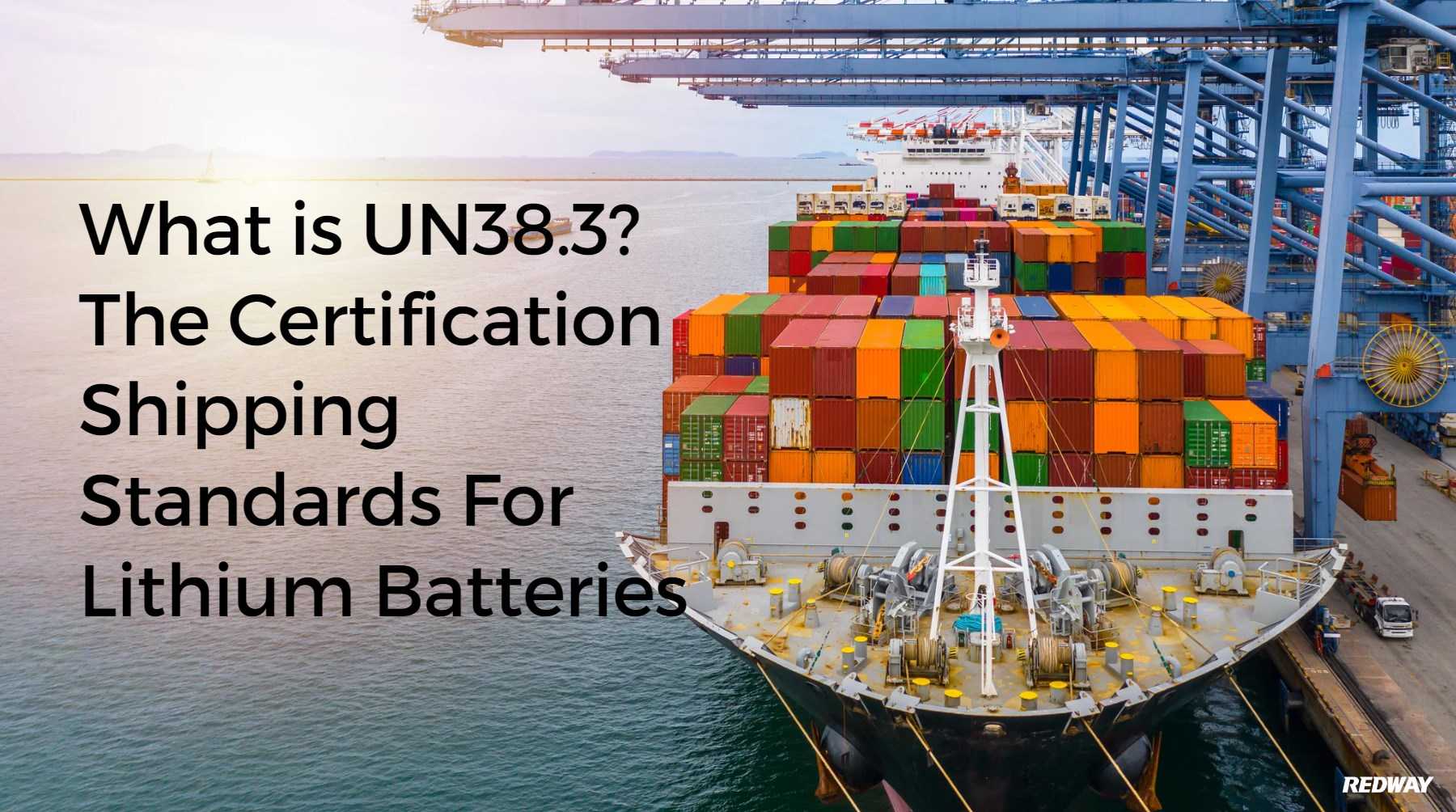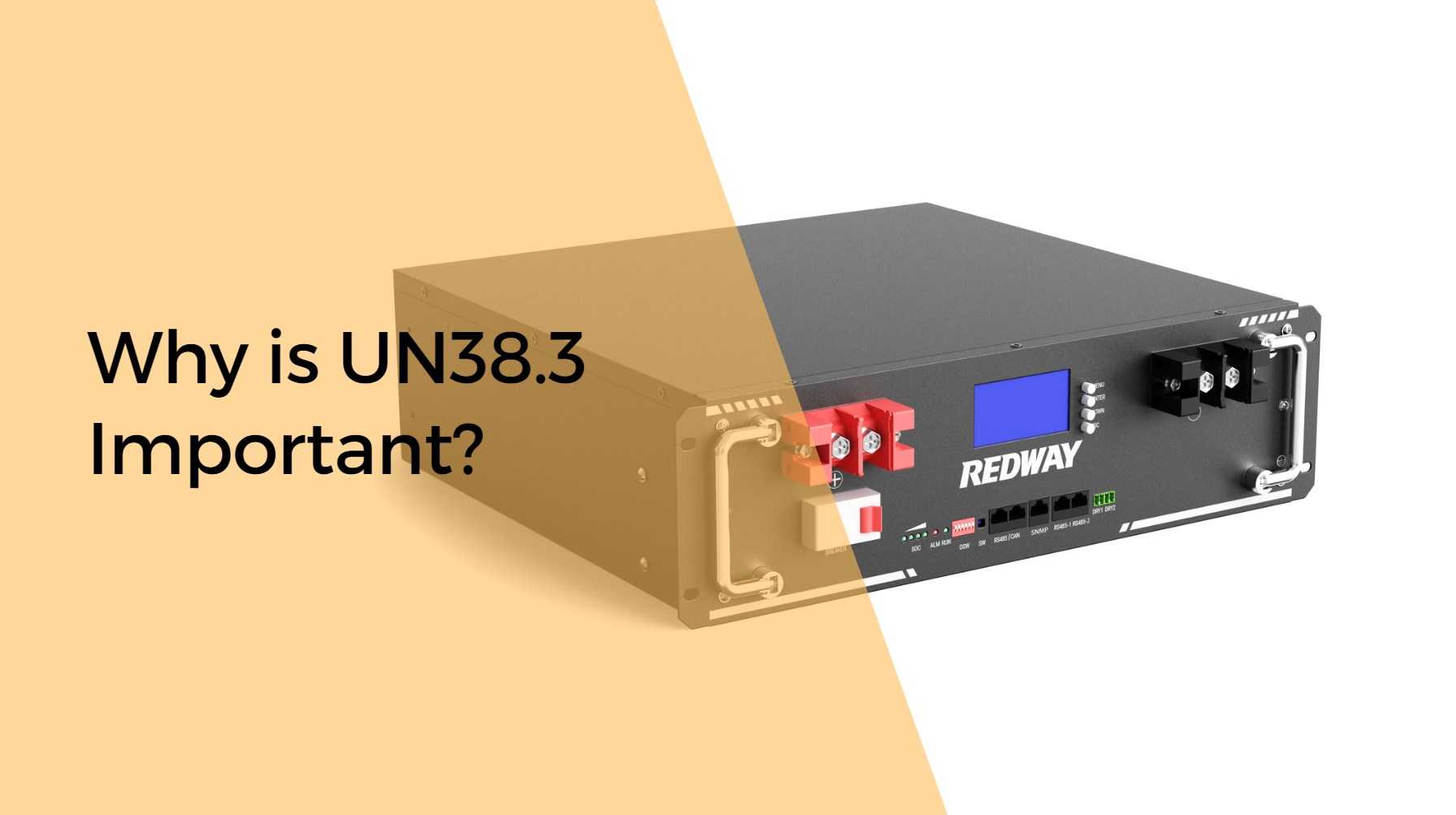1. Overview of UN38.3
1.1 What is UN38.3?
UN38.3 refers to the United Nations Manual of Tests and Criteria, specifically section 38.3, which establishes the testing requirements for lithium batteries to ensure their safe transport by air, land, and sea. This standard is crucial for minimizing risks associated with lithium battery shipments, such as fire or explosion.
1.2 Importance of UN38.3 Compliance
Wholesale lithium golf cart batteries with 10-year life? Check here.
- Safety: It helps prevent incidents during transportation that could endanger lives or property.
- Legal Requirements: Many countries require compliance with UN38.3 as part of their hazardous materials regulations.
- Market Access: Non-compliance can restrict access to certain markets or result in significant fines.
2. Key Requirements of UN38.3
2.1 Testing Procedures
UN38.3 outlines a series of tests that lithium batteries must undergo to demonstrate their safety during transport:
Want OEM lithium forklift batteries at wholesale prices? Check here.
-
Altitude Simulation: Tests the battery’s performance under low-pressure conditions that simulate high altitudes.
-
Thermal Test: Evaluates the battery’s ability to withstand extreme temperatures.
-
Vibration Test: Assesses the battery’s resilience to vibrations typically encountered during transit.
-
Shock Test: Tests how well the battery can handle sudden impacts.
-
External Short Circuit Test: Determines if the battery can withstand short circuits without catching fire or exploding.
-
Impact Test: Evaluates the battery’s ability to withstand mechanical shocks.
-
Overcharge Test: Ensures that the battery can handle overcharging without posing a risk.
2.2 Documentation and Labeling
In addition to passing tests, lithium batteries must be properly documented and labeled:- Certification: Manufacturers must provide a certificate indicating that their batteries have passed all required tests.
- Labeling Requirements: Packages containing lithium batteries must display appropriate hazard labels, including the “Lithium Battery” label and handling instructions.
3. Types of Lithium Batteries Covered by UN38.3
UN38.3 applies to various types of lithium batteries, including:- Lithium-ion (Li-ion): Commonly used in consumer electronics, electric vehicles, and renewable energy systems.
- Lithium Polymer (LiPo): Often found in remote-controlled devices and drones due to their lightweight characteristics.
- Lithium Iron Phosphate (LiFePO4): Gaining popularity in applications requiring safety and longevity.
4. Implications for Manufacturers and Distributors
4.1 Compliance Costs
Achieving compliance with UN38.3 can involve significant costs:
-
Testing fees can vary depending on the laboratory and the number of tests required.
-
Documentation preparation may require additional resources.
4.2 Market Access
Compliance with UN38.3 is often a prerequisite for shipping lithium batteries internationally:
-
Many airlines and shipping companies will only accept packages that meet these standards.
4.3 Liability and Insurance
Non-compliance can lead to liability issues:- In case of an incident involving non-compliant batteries, manufacturers may face legal consequences or increased insurance premiums.
5. Latest Developments in Lithium Battery Regulations
Recent news highlights ongoing changes in regulations surrounding lithium batteries:- The International Air Transport Association (IATA) has updated its guidelines to enhance safety measures for transporting lithium batteries by air.
- New technologies are being developed to improve battery safety and reduce risks during transport.
6. Frequently Asked Questions (FAQs)
6.1 What happens if my battery fails UN38.3 testing?
If a battery fails testing, it cannot be shipped until modifications are made to meet safety standards.
6.2 How long does it take to obtain UN38.3 certification?
The timeline varies based on testing schedules but typically ranges from a few weeks to several months.
6.3 Are there penalties for non-compliance?
Yes, penalties can include fines, shipment delays, and potential legal action if incidents occur due to non-compliance.7. Conclusion
In conclusion, understanding UN38.3 is essential for anyone involved in the manufacturing or distribution of lithium batteries. Compliance not only ensures safety during transport but also facilitates market access and reduces liability risks. As regulations continue to evolve, staying informed about these standards will be crucial for maintaining a competitive edge in the industry.At Redway Battery, we specialize in manufacturing high-quality Lithium LiFePO4 solutions tailored to meet diverse customer needs worldwide. With our extensive experience in this field, we provide custom solutions quickly for wholesale and OEM customers. For a quick quote or more information about our products, please contact us today!







